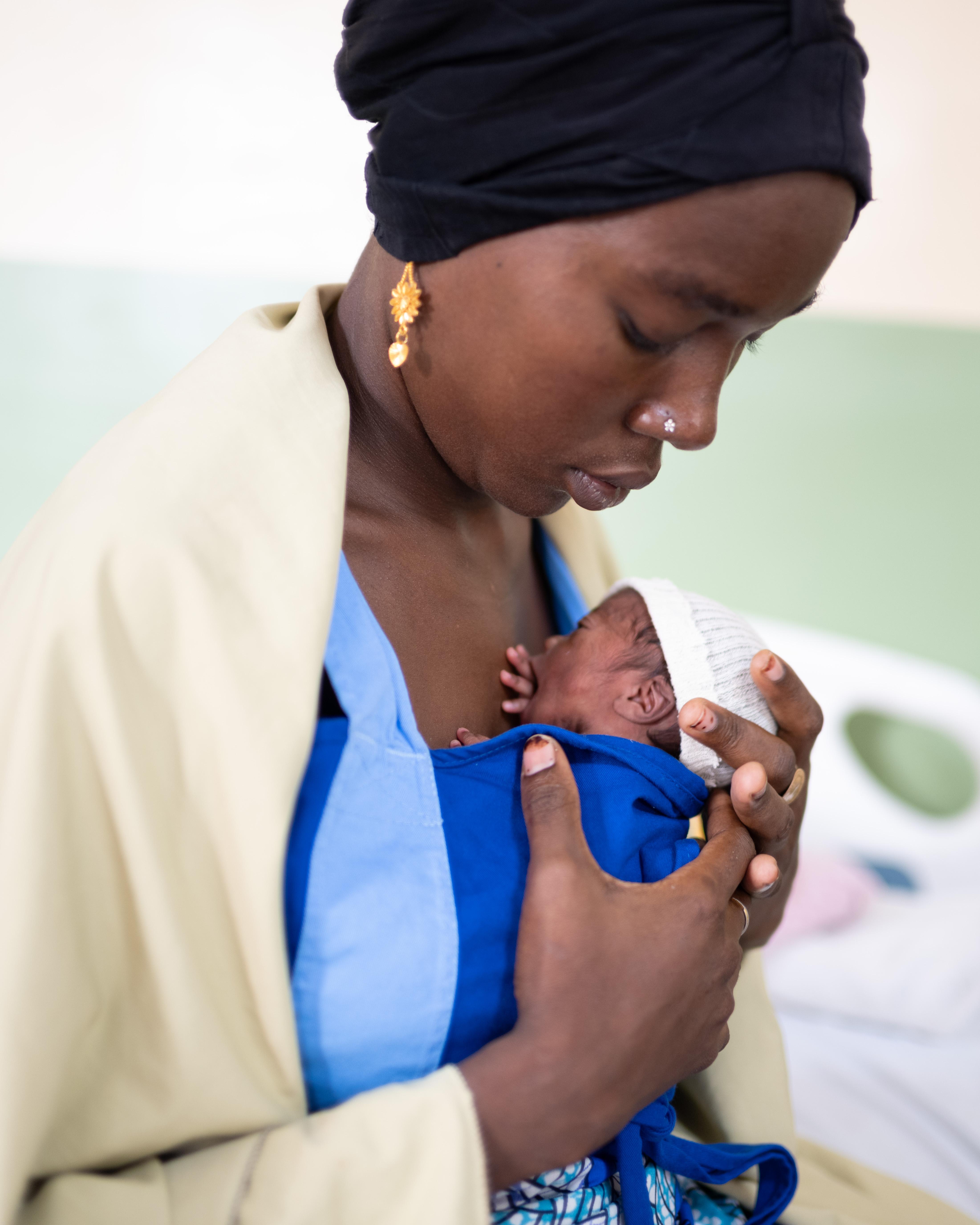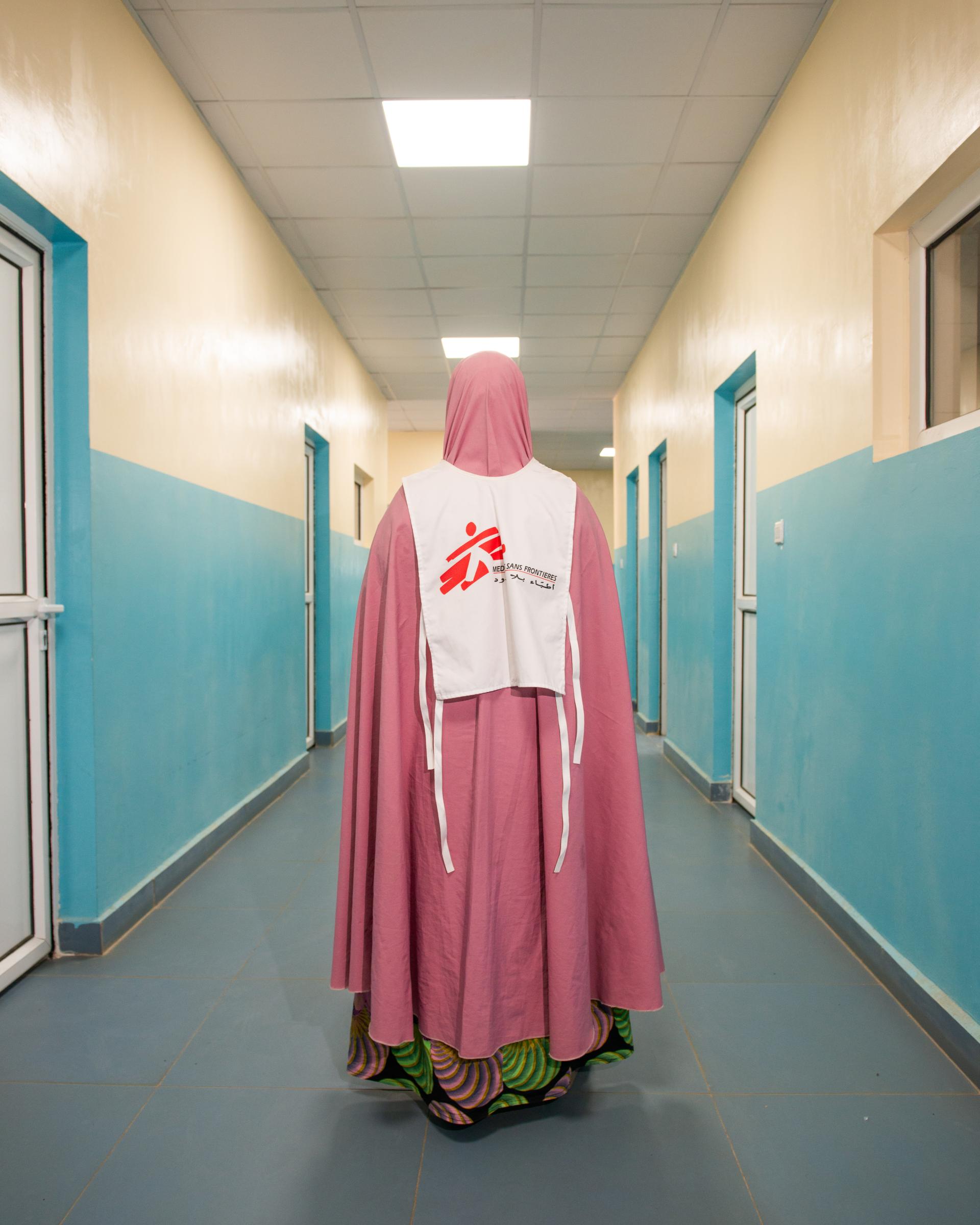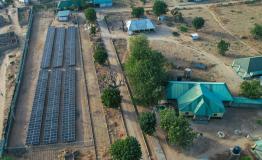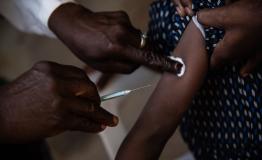Globally, approximately one in ten babies is born prematurely, before completing 37 weeks of gestation. While this phenomenon is not uncommon, it can have severe—even fatal—consequences for newborns.
“Complications related to prematurity are the leading cause of death among newborns worldwide,” says Dr Bintou Deme, Medical Advisor for Médecins Sans Frontières (MSF) in Bangui, the capital of the Central African Republic (CAR). “The mortality rate is particularly high in this country – one of the highest in the world. Antenatal consultations are still far too rare, even though they could help identify some of the risks. Moreover, care for premature babies remains largely inadequate. Yet, most of these deaths could be prevented through regular pregnancy monitoring and simple, routine interventions and medical approaches that do not require advanced technology.”
The "Kangaroo" Approach
To address the high risk of neonatal mortality across the country, MSF teams are collaborating with the Ministry of Health and Population (MSP) to improve maternal and child healthcare. In Bangui, this partnership is primarily centered on the Centre Hospitalier Universitaire Communautaire de Bangui (CHUC), commonly referred to as the "community hospital".
In 2022, MSF constructed and equipped a specialised unit for managing high-risk pregnancies and a 43-bed neonatal ward for newborns with health complications, including premature babies. From January to mid-November 2024, over 3,100 premature babies were treated with MSF's support in this facility—the only one in Bangui to provide such advanced care, free of charge.
It was here that 23-year-old Jeanisse Ngaïdama gave birth to premature twins on 11 October.
“I didn’t know this service existed,” she says. “Giving birth to a premature baby is very stressful. I was terrified. I knew my babies would need qualified professionals to survive, and I was already worried about the costs. But here, I didn’t have to pay anything. The staff check on my babies regularly, and all the care is free. Thanks to this support, they’ve now reached a healthy weight.”
Like other mothers in the unit, Jeanisse uses the “kangaroo method” with her babies. Day and night, the babies are held by their mothers against their bare chests and are exclusively breastfed. This skin-to-skin contact keeps them warm and supports their social, emotional, and cognitive development. Twelve beds are dedicated for this specific approach. Once discharged from the Kangaroo unit, babies are followed up weekly by the neonatology team, to monitor their growth, until they reach their target weight.
Studies have shown that kangaroo care not only improves survival rates for premature babies but is also cost-effective.
“The kangaroo method has several benefits, as it helps regulate the baby’s breathing, heartbeat, and temperature,” explains Dr Josiane Damangoa, a paediatrician with the Ministry of Health and Population at CHUC. “It improves oxygen circulation, calms the baby, promotes brain development, and strengthens the immune system.”

The Urgent Need to Improve Healthcare in CAR
Reducing preventable deaths among newborns and children under five is a key target of the Sustainable Development Goals (SDGs), to which all nations have committed by 2030.
In the Central African Republic—where maternal and infant mortality rates remain among the highest in the world—achieving this goal requires swift improvements in the care provided to women during pregnancy, birth and postpartum, and to essential care to newborns, with a special attention to premature and sick babies.
“The World Health Organization recommends that women attend at least eight antenatal consultations during pregnancy,” says Dr Bintou Deme of Médecins Sans Frontières.
“Unfortunately, we are far from achieving this in CAR,” she continues. “The lack of functioning health facilities, coupled with the cost of transport and care, presents significant barriers. Raising awareness among expectant mothers is also essential. Many causes of prematurity can be identified during antenatal visits, including chronic illnesses, infections, early or closely spaced pregnancies, strenuous physical labour, and insufficient rest.”
Strengthening prenatal care is crucial, but so too is investing in improved care for premature babies. This includes implementing effective, low-cost approaches like early initiation of exclusive breastfeeding and kangaroo care. Working alongside the Ministry of Health and Population, MSF has made this a priority. However, more must be done to give future generations of Central Africans the opportunity to grow and thrive.



